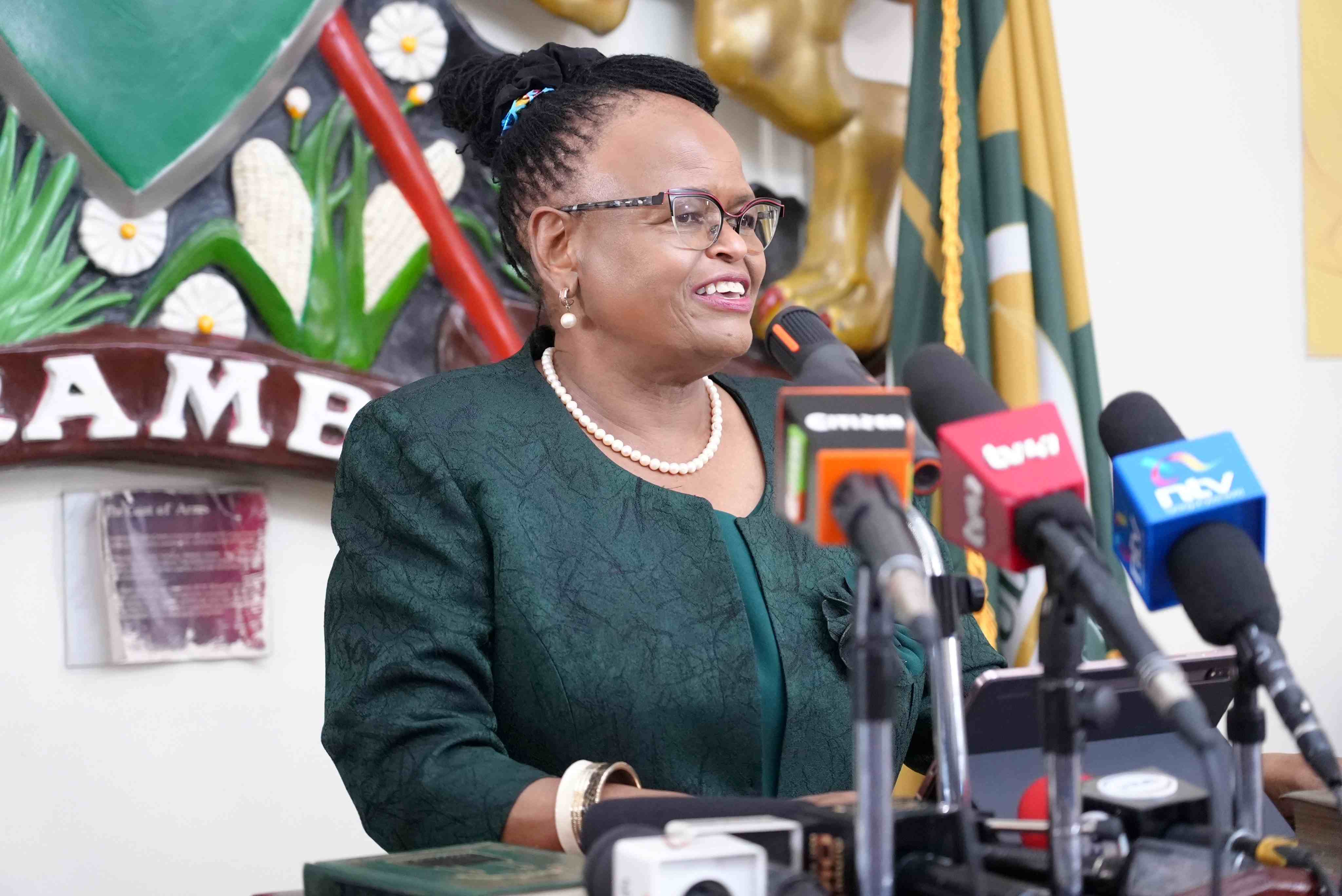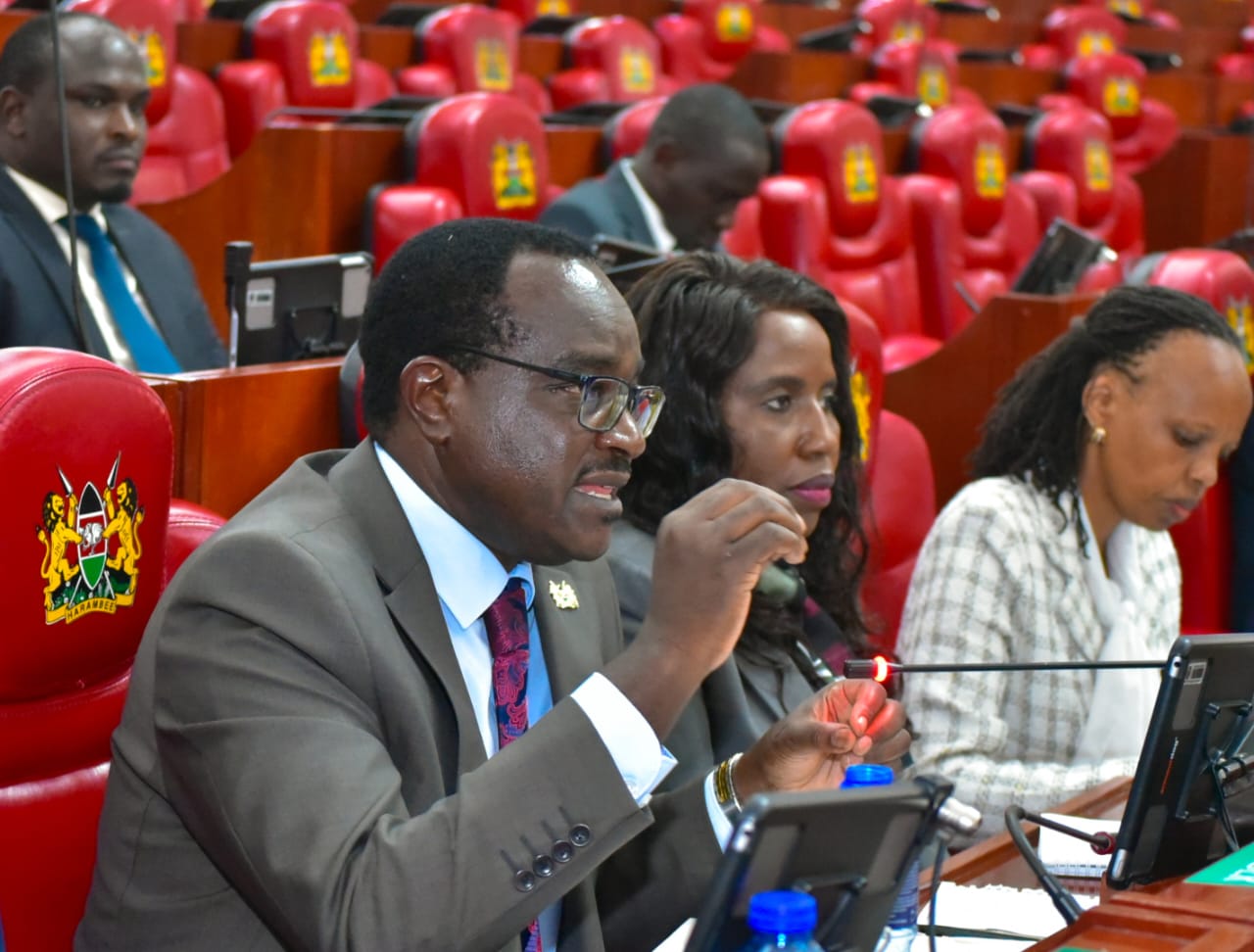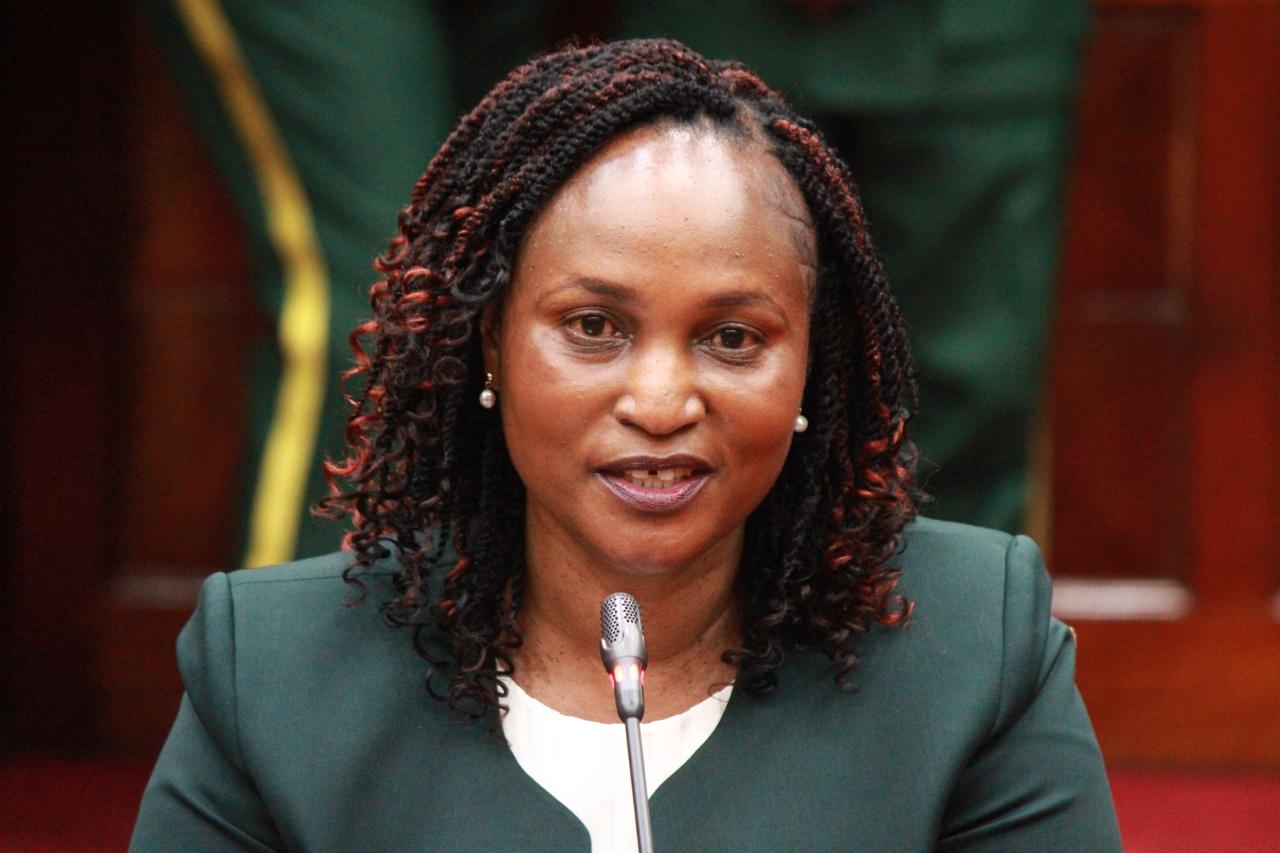Judges poised for lifetime pension perks worth Sh5.7 billion

The Justice and Legal Affairs Committee (JLAC) of the National Assembly has endorsed the Judges’ Retirement Benefits Bill, 2025, following public consultations and debates.
Judges in Kenya’s superior courts are closer than ever to securing a comprehensive retirement plan, after a parliamentary committee approved a bill that would provide them with lifetime benefits worth Sh5.7 billion.
The move comes as Members of Parliament (MPs) seek to replace a pension system that has long been considered outdated and insufficient for the judiciary.
More To Read
- ICEA survey finds most Kenyan retirees struggle to survive on pensions
- CJ Koome reaffirms Judiciary’s commitment to child protection, announces expanded reforms
- Court dismisses bid challenging bench picked by CJ Martha Koome
- Regulators warn over financial sector’s dependence on limited tech providers
- Kenya’s justice system under strain amid rising mob justice, overcrowded prisons
- Wetang’ula decries 'disruptive' conservatory orders, urges judicial restraint
The Justice and Legal Affairs Committee (JLAC) of the National Assembly has endorsed the Judges’ Retirement Benefits Bill, 2025, following public consultations and debates.
According to the Committee, the proposed plan, funded by taxpayers, would total Sh5.67 billion, offering judges a modernised pension structure for the first time in decades.
Currently, the pension system for judges is still governed by the Pensions Act of 1946, a legacy law from colonial times.
The new Bill outlines a pension formula based on both basic salary and housing allowance, aiming to improve the standard of living for judges after retirement.
In addition, retirees would receive annual pension adjustments linked to inflation, capped at between one and five per cent.
Judges would also be entitled to a one-time transport allowance upon retirement, though the exact method of payment has not yet been determined.
Retiring judges who meet the minimum requirement of 10 years’ service, or who opt out of gratuity, would benefit from lifetime medical cover.
They would also retain diplomatic passports and enjoy access to government airport lounges nationwide.
The Committee said these measures reflect the need to recognise judges’ service and provide them with security in retirement.
JLAC, Chaired by Gitonga Murugara, highlighted the historical exclusion of judges from public service pension reforms following the 2010 constitutional changes.
While civil servants were moved to contributory pension schemes under the Public Service Superannuation Scheme Act, the judiciary remained largely untouched, apart from the Chief Justice and Deputy Chief Justice, whose pensions were covered by the Retirement Benefits (Deputy Presidents and Designated State Officers) Act of 2015.
“These reforms imply that judges are the only state officers and public officers whose pension is still governed by the Pensions Act,” the committee said, describing the current law as outdated and unable to ensure a dignified retirement.
The Committee also proposed slightly higher benefits for the five Supreme Court judges, excluding the Chief Justice and Deputy Chief Justice, due to their added administrative responsibilities.
JLAC noted that Supreme Court judges oversee court infrastructure, manage staff welfare, develop rules, and handle relations between the bar and the bench.
MPs said the Bill aims to provide fairness and equity, ensuring all judicial officers enjoy benefits that match their unique contributions to the country.
They stressed that the legislation would bring an end to the historical gaps in pension coverage and establish a modern framework that reflects the responsibilities and importance of judges in Kenya’s justice system.
Top Stories Today










































